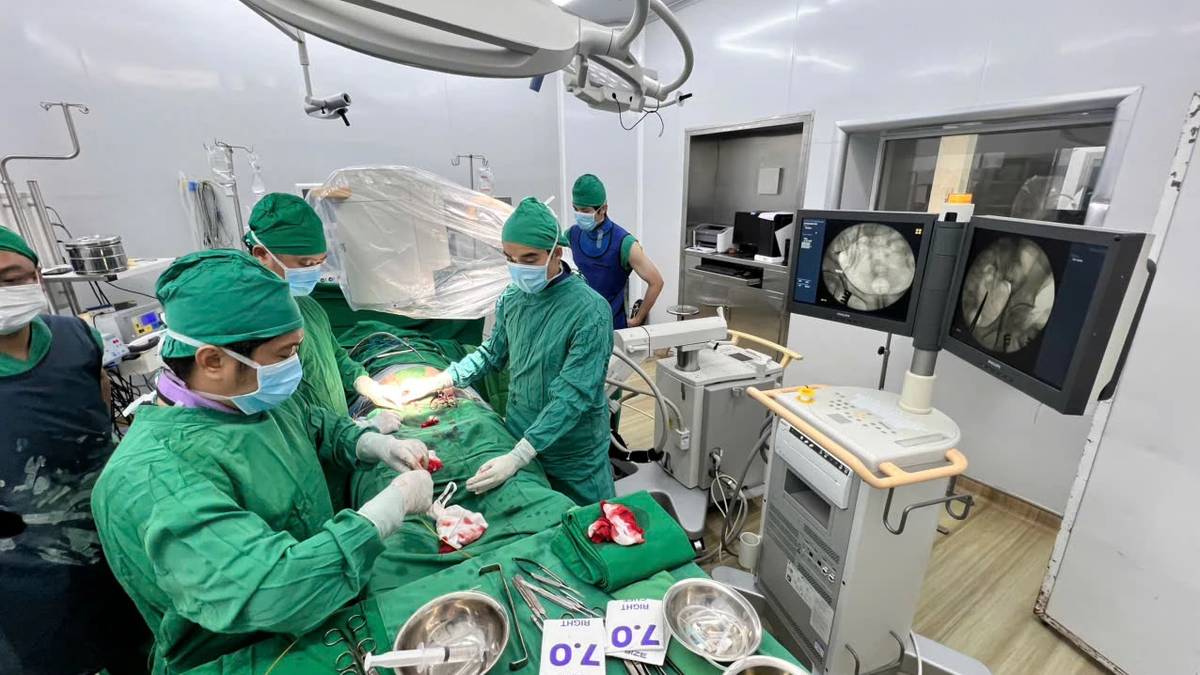Exposure to high temperatures causes the heart rate to increase and the heart to work harder, thereby causing angina, confusion, and weakness.
Extreme temperatures increase the risk of health problems, especially for people with chronic medical conditions, including cardiovascular disease. The interaction of high temperatures and cardiovascular disease contributes to a quarter of all heat-related deaths in the United States each year, according to the Centers for Disease Control and Prevention (CDC). The higher the temperature, the greater the threat.
A recent study in the journal Circulation looked at cardiovascular mortality over seven years in Kuwait, where daytime temperatures can reach above 40 degrees Celsius in the hottest months. They found a link between increased temperatures and increased risk of cardiovascular death, with most occurring between 35 degrees Celsius and 43 degrees Celsius.
Exposure to high temperatures not only increases the risk of heat exhaustion, but can also be particularly taxing on cardiovascular health. It puts stress on the cardiovascular system because of the loss of fluids through sweat and the high temperatures, which cause the heart rate to increase significantly and make the heart work harder. This can increase the risk of angina, arrhythmia (irregular heartbeat), and even heart failure.
For people with heart disease, basic strategies to stay cool should be followed.
Check the weather forecast for particularly hot days and stay indoors on those days. If it is too hot indoors, go to a medical facility or the nearest place with air conditioning. If you must go outside, the evenings and early mornings are usually the coolest times of the day. Rest in the shade whenever possible.
When you are outside, try to drink a sip of water (about 20ml) every 20 minutes, setting a timer to remind you. If you have heart failure, ask your doctor how much fluid you should drink each day, as fluid can build up and cause swelling. If you are taking diuretics, ask how much you should drink in hot weather.
Avoid soda or fruit juice, and limit alcohol. Sodas and fruit juice can slow the absorption of water from the digestive system into the blood. Some studies have found that drinking too much alcohol can increase the risk of heat stroke in hot weather.
Sunburn affects the body's ability to cool itself and increases dehydration. Wear a wide-brimmed hat, sunglasses, and lightweight, light-colored, loose-fitting clothing. Also, apply a generous amount of broad-spectrum sunscreen or UVA/UVB sunscreen with SPF 30 or higher to all exposed skin 30 minutes before going outside. Reapply every hour after going outside.
People with heart disease should take note that when symptoms become more severe (shortness of breath, chest pain, palpitations, even fainting...), they should go to a medical facility immediately for timely treatment.
Ths.Bs Tran Quoc Quy
Cardiovascular Intensive Care Unit, 108 Central Military Hospital
Source link





































































































Comment (0)